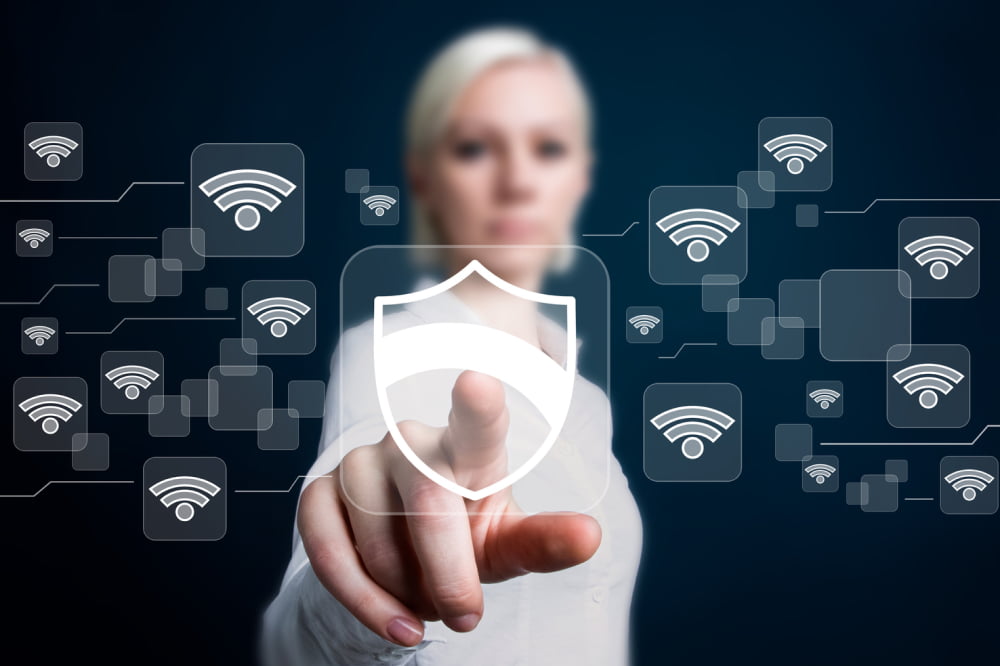5 tips to stay safe on public Wi-Fi networks

Public Wi-Fi spots are free to use and available across the country. So you can easily connect and enjoy seamless browsing on the go. However, these connections are not completely secured and can easily be hacked by scammers and phishing sites. But you can ensure your browsing experience is safe and not vulnerable to online attacks in a few ways. Here are a few tips to secure your computer while accessing public Wi-Fi hotspots:
Pick a secure network
Don’t just click on the first Wi-Fi hotspot that shows up in the phone menu. Pick the correct network name if it’s at a coffee shop, as scammers and hackers duplicate these names. However, you should be able to spot the spelling mistakes in these decoy networks and avoid opening such links at all costs. Ask for the official Wi-Fi names at these places, and only then connect to a secure encryption network.
Use a VPN
A Virtual Provider Network (VPN) connection is one of the best ways to prevent hackers and scammers from publicly accessing your computer’s IP. A VPN is software that masks the real IP address of the computer connected to a public network by rerouting the connection to a private server. So, the real address is not visible as long as the VPN is active. Most premium VPNs provide access to servers across the globe.
Configure device settings
Laptops, smartphones, and smart tablets are all, by default, configured to locate and select the first available network on a public Wi-Fi hotspot. However, this is how scammers and hackers can quickly gain unauthorized access to your computer. Change the default discovery settings and disable these options. You should always manually choose the preferably password-protected network only after turning on the VPN software. These three simple steps ensure the connection remains private and safe.
Secure personal emails and accounts
Two-factor authentication is a safe way to ensure nobody gains unauthorized access to your personal accounts, even if a hacker manages to identify and breach your secure connection. Two-factor authentication is enabled using the OTP or an app to provide access to the security prompt.
Browse anonymously
Enable incognito mode to browse without websites tracking your cookies and browsing data. Prevent sites from automatically pulling information off the computer and exposing the same on an unsecure network.